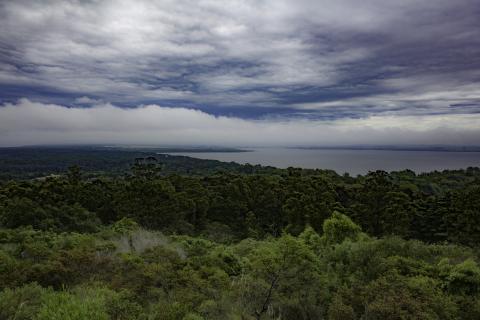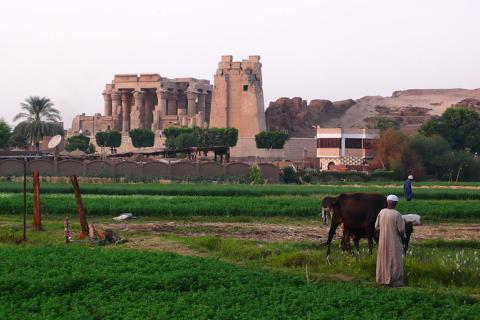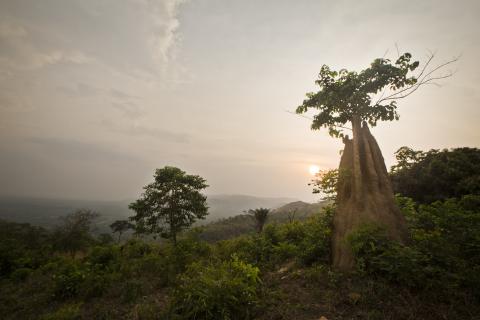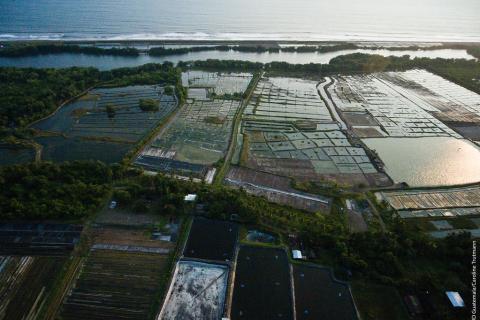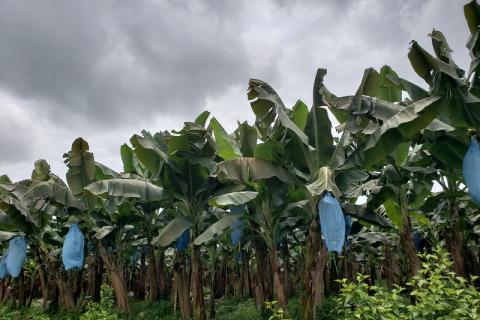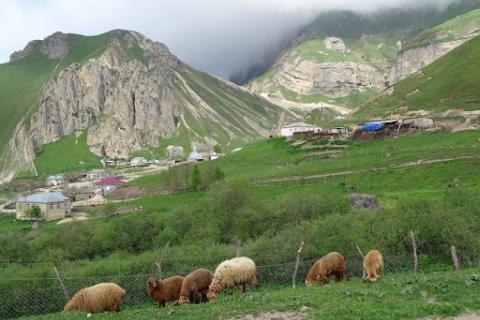Costa Rica
Costa Rica stands out for its efforts to protect the environment, with 26% of its territory protected. This, together with increasing urbanisation, has had an impact on agriculture, a declining sector. Land governance poses challenges
Azerbaijan
Azerbaijan has a majority urban-based population and an economy fuelled by oil reserves. As a result of the land reform, the land fund of the republic was distributed among private, municipal and state properties. Livestock is the most



